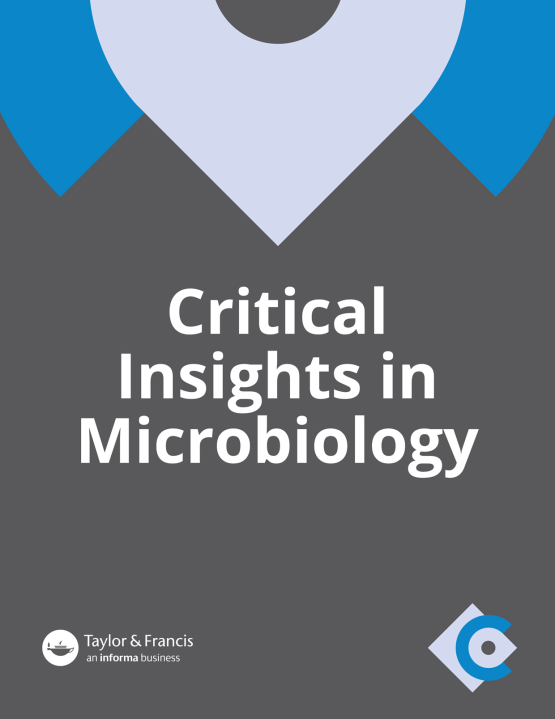Critical Insights in Environmental Science and Technology

Taylor & Francis are currently supporting a 100% APC discount for all authors. An APC will not apply to any new submissions.
About the journal
Critical Insights in Environmental Science and Technology is a broad, selective, open access journal publishing the best innovative research in the field of environmental science. The journal focusses on understanding and assessing the myriad of environmental problems that face society today and investigating rational strategies and methods for their control. Lead by a team of international academic experts, Critical Insights in Environmental Science and Technology aims to highlight collaborative, interdisciplinary research with a future focus that will articulate where the field is heading.
The journal welcomes original research and short reviews on all environmental science disciplines, including but not limited to, waste and wastewater treatment, fate and transport of contaminants, bioremediation, soil contamination, wetland function and design, waste reduction, recycling, and reuse, air, soil, and water contaminant biogeochemistry, risk assessment and management, environmental toxicology and epidemiology.
By choosing to publish into one of our Critical Insights journals, you will receive exceptional service with a responsive Editor and a constructive, positive peer review process.
We promise to support you throughout your publishing journey with us, ensuring you have a dedicated team to guide and advise you, guaranteeing an efficient service and timely publication. Once published, we will connect you with your research community and work to ensure the journal is successful and discovered by peers and serves your academic community.
Meet the Editor-In-Chief
Dr Albert Juhasz is a Research Professor at the Future Industries Institute, University of South Australia leading the Legacy and Emerging Contaminants Research Group.
His research focuses on the environmental fate of contaminants, factors influencing human and ecological exposure and the development of soil-based strategies for reducing exposure to legacy and emerging contaminants.
Albert is internationally recognized for his innovative, cross disciplinary research on the refinement of human health exposure through the assessment of contaminant bioavailability and bioaccessibility. His research has led to significant advancements in knowledge regarding the in vivo assessment of organic and inorganic contaminant bioavailability and its prediction using surrogate in vitro assays. Outcomes from bioavailability and bioaccessibility studies have advanced fundamental knowledge on physicochemical mechanisms influencing contaminant exposure from soil and dust, and physiological parameters impacting contaminant dissolution and precipitation. This has led to a greater understanding of the fate of contaminants in the environment, factors influencing exposure and physicochemical strategies that may be applied for exposure minimisation. Albert is active in translating fundamental research into applied outcomes for the Environmental Sector.
Bioavailability and bioaccessibility research outcomes have been adopted in environmental guidance, both nationally and internationally. This has resulted in the adoption of bioavailability-based site-specific exposure refinements which have influenced risk management and remediation decisions resulting in significant social, environmental and economic impact.


Questions about open access?
Find out more about the publishing process for open access journals at our dedicated site for the step-by-guide to publication.

Ready to submit?
Find out how to submit your paper by reading the Instructions for Authors.
